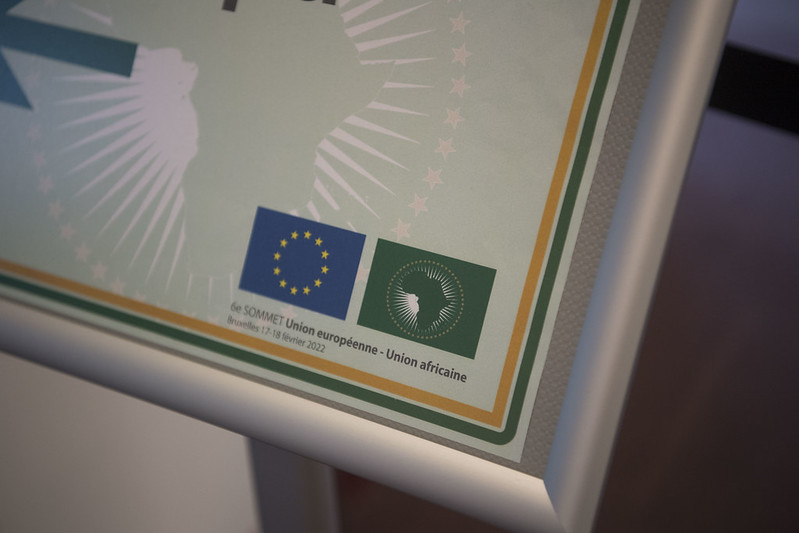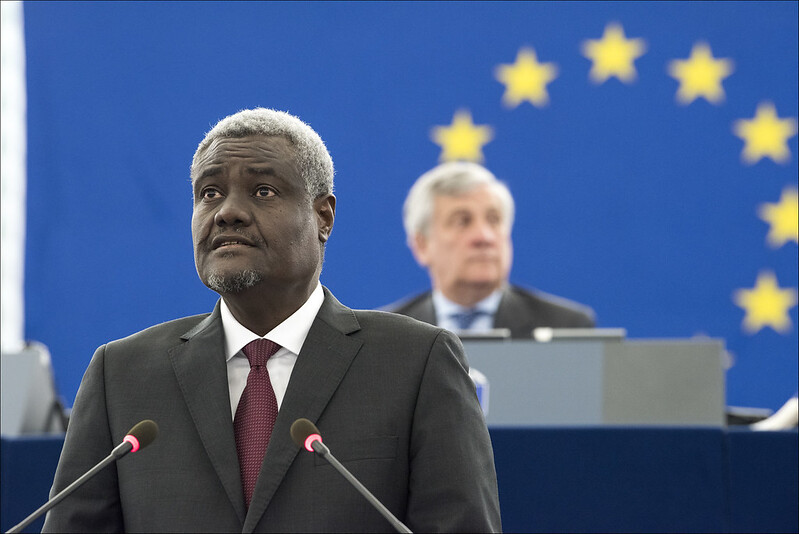This blog is part of a series by CGD ahead of the EU-Africa Summit which will begin on 17th February 2022. This series presents proposals for priorities, and commentary on whether a meaningful reconstruction of the relationship between the two continents is likely.
Humanitarian problems continue to grow across Africa. The UN’s latest Global Humanitarian Overview, released in December, projects record numbers of people will need humanitarian assistance to survive in 2022. While 1% of the global population needed humanitarian assistance in 2015, it’s now 3%. More are in Africa than in any other continent. Conflict, climate change and COVID-19 are the main causes. Needs have skyrocketed from coast to coast across the Sahelian belt and the Horn of Africa, but are also substantial elsewhere, not least in and around the Democratic Republic of Congo and in drought-prone southern Africa.
This is a problem for Africa, but also for Africa’s friends and neighbours, among whom the European Union (EU) are paramount. Humanitarian problems increasingly cross borders, with spill over effects including refugee flows and instability affecting neighbours not only in the continent but further afield too. Ties of geography, history and family mean the African Union (AU) and EU really are all in this together. And there is scope to act together, not least through a new partnership on humanitarian action.
The AU has been developing proposals to strengthen its role across the continent on humanitarian issues since 2016, when AU leaders floated the creation of an African Union Humanitarian Agency (AUHA). The mooted goals are strategic: better early warning; addressing the root cause of crises; strengthening the capacity for prompt and effective response; and developing strategies for adaptation and resilience to risk. The initiative has gathered momentum, with detailed proposals now on the table for the structure, role and financing of the agency which may be approved by the AU Executive Council this month (February).
Establishing a new agency and making it effective is complex. The EU is unusually well placed to help, provided it acts in a spirit of partnership and collaboration:
- As the world’s largest provider of humanitarian assistance (taking the European Commission and EU member states together) it has unmatched heft and financial firepower;
- In the EC Humanitarian Office (ECHO), it has over the last 30 years established what is now one of the world’s most capable and respected humanitarian institutions. (ECHO’s role has become even more important in the wake of the abolition in 2020 of the UK Department for International Development, which at its peak was widely admired for its contribution to humanitarian work around the world). ECHO’s evolution since its creation in 1992 has many lessons for the AUHA;
- The EU’s wider framework for collaboration with Africa, not least the trade, aid and political partnership orchestrated under the Cotonou agreement, which was updated in 2020, cold create valuable synergies;
- The EU’s philosophy, approach and track record in its humanitarian activities concord strongly with the strategic goals that have been articulated for the AUHA;
It is in the EU’s interest for the AUHA to succeed. A generous offer of support, both financially but also in terms of professional skills, capacity and policy development from the outset could serve both sides well. The scope of potential collaboration is quite broad. It could initially, for example, encompass staff training, staff exchanges, joint management and strategy setting workshops, the provision of material on how ECHO operates (e.g., internal guidance documents, assessment tools) and other organisational support. Over time it could become more programmatic and operational, including joint interventions, joint contingency planning, joint horizon scanning and early warning activities and joint funding of responses and other operational activities. Others could be brought into some of these activities too, including the UN.
AUHA and ECHO share a lot in terms of mandates and objectives: that provides the starting point for collaboration, which could take many forms. An initiative like this would be in the category of the easiest potential wins from the forthcoming summit.
The author would like to thank Samuel Pleeck for his research support.
CGD blog posts reflect the views of the authors, drawing on prior research and experience in their areas of expertise.
CGD is a nonpartisan, independent organization and does not take institutional positions.






